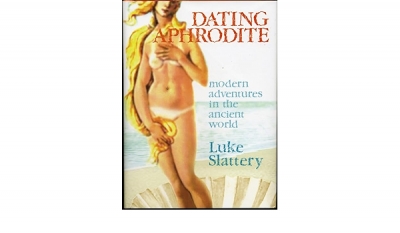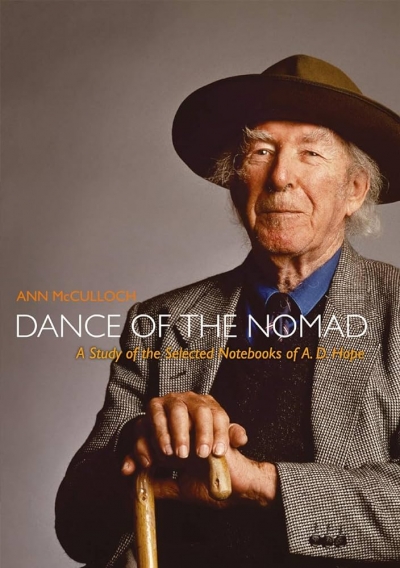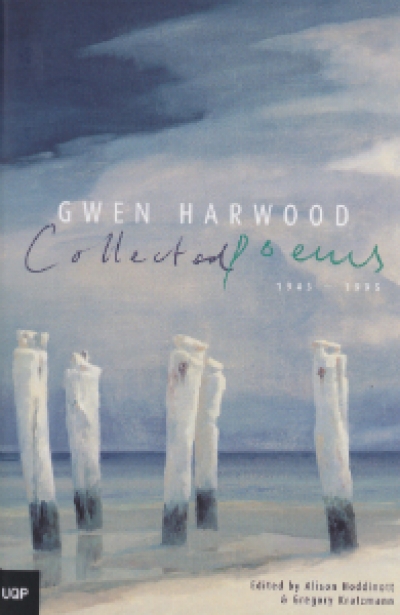Peter Steele
Sign up to From the Archive and receive a new review to your inbox every Monday. Always free to read.
Recent:
Well, it’s been waiting all these years, like a poem
asleep in the word-hoard, its prince to come,
kiss at the ready, and bloom it forth to the world:
or like a kouros, hauled with pain
from the gnarling waters, smiling gaze intact,
its maker long put out to sea:
or like that ‘orient and immortal wheat’ that waved
before Traherne, a child bereft,
and set him claiming Paradise again:
yes, it’s here for the restless heart –
The American Express Gold Card Dress – and all
may now be well at last.
... (read more)Dating Aphrodite: Modern adventures in the ancient world by Luke Slattery
Ter Borch would know him, this latter-day companion
of the cavalryman bowed on his mount,
shoulders and haunches sapped with exhaustion: and Sherman,
bright-eyed, red-handed, a hellion to order:
and the mailed believers of Krak.
From here the Palisades are another country,
their brindled cliffs seamy with snow,
the Hudson in its Acheron vein between us,
a hawk patrolling its course.
... (read more)Dance of the Nomad: A study of the selected notebooks of A.D. Hope by Ann McCulloch
Peripheral Light: Selected and New Poems by John Kinsella
Bowed from the supermarket, a week’s rations
jumbling the plastic, I saw in shadow
my dead father. He crept the pavement, burdened
as I am not by a lost country.
... (read more)






